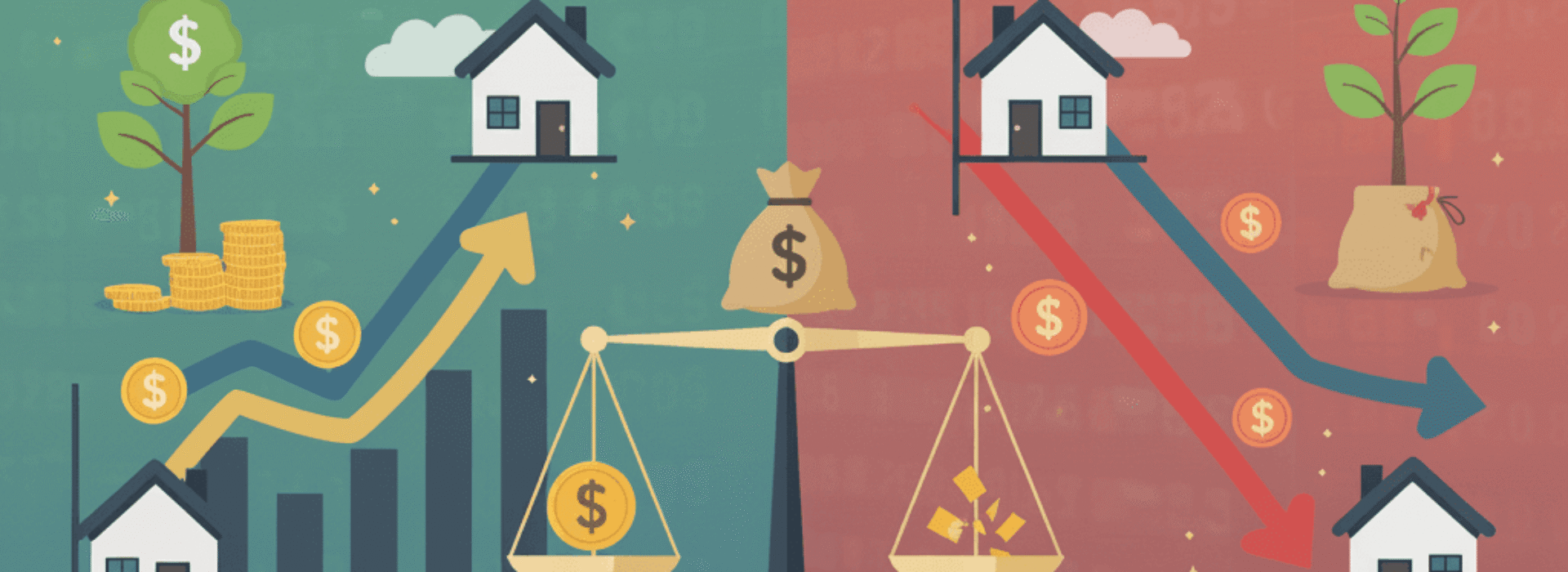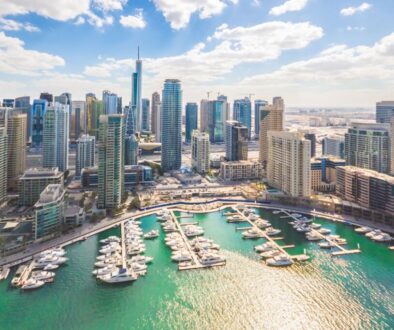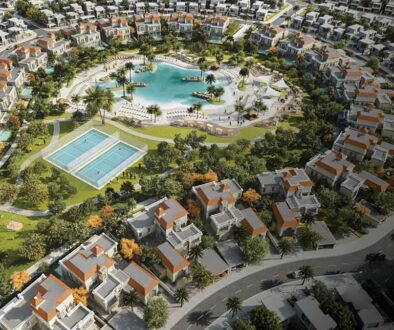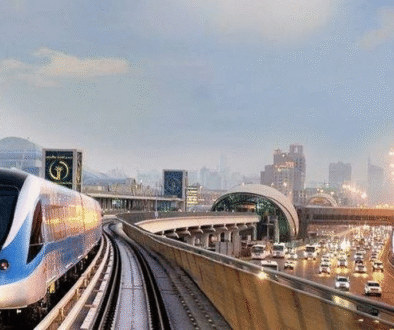Key Financial Terms Every Dubai Property Investor Should Know
When stepping into Dubai’s property market—whether to buy or sell—grasping certain financial terms can make or break your investment decisions. Four concepts in particular often come up: capital gain, capital loss, capital appreciation, and capital depreciation. Each plays a different role in how you measure success in real estate and how you plan your next move.
This guide simplifies these terms and puts them into context with Dubai-specific examples.
Capital Gain – When You Profit on a Sale
A capital gain is the extra money you pocket when the selling price of your property is higher than what you originally spent—including purchase price and transaction costs.
Illustration:
- Apartment in Downtown Dubai bought for AED 2,000,000
- Added AED 100,000 in registration and brokerage fees
- Total investment: AED 2,100,000
- Later sold at AED 2,500,000
Outcome: AED 400,000 profit (capital gain).
Capital Loss – When You Sell at a Deficit
If your selling price ends up lower than your total investment, that’s called a capital loss.
Illustration:
- Property purchased for AED 2,100,000
- Sold for AED 1,950,000
Outcome: AED 150,000 loss.
Unlike in some global markets, Dubai does not offer tax deductions for capital losses. However, they still affect liquidity and future investment strategies.
Capital Appreciation – Value Rising Over Time
Capital appreciation reflects how your property increases in market value even before you sell.
Illustration:
- Apartment bought in Business Bay in 2019 for AED 1,200,000
- Market value by 2025: AED 1,800,000
Outcome: AED 600,000 appreciation.
Factors such as new infrastructure, community development, and supply-demand shifts influence appreciation in Dubai.
Capital Depreciation – Value Dropping Over Time
The reverse of appreciation, capital depreciation means your property’s value goes down due to external market factors.
Illustration:
- Villa bought in 2015 for AED 4,000,000
- By 2020, value dropped to AED 3,500,000 because of excess supply in the area
Outcome: AED 500,000 depreciation.
This can occur in communities where there’s oversupply, lack of upgrades, or reduced buyer demand.
Why It Matters in Dubai’s Market
Dubai’s property sector has unique dynamics:
- No capital gains tax – investors keep their profits without deductions.
- High-growth zones – locations like Downtown Dubai and Dubai Marina often see rapid appreciation.
- International demand – buyers from Europe, Asia, and the GCC provide consistent stability.
Understanding these four terms helps investors measure ROI, plan entry and exit strategies, and reduce risks in a fast-moving market.
Closing Thought
In short:
- Capital gain/loss = profit or loss when you sell.
- Capital appreciation/depreciation = increase or decrease in value while you hold the property.
Mastering these basics can help Dubai property investors evaluate opportunities with clarity and maximize returns over time.




